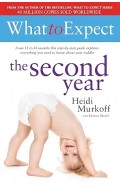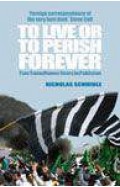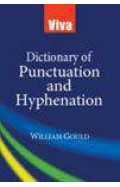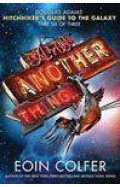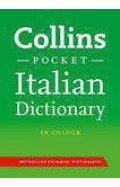- Home
- Books
- Sale
- Online Book Bazar Up To 60%
- Like Water on Stone - The Story of Amnesty International
Like Water on Stone - The Story of Amnesty International
By: Jonathan Power
-
Rs 2,245.50
- Rs 2,495.00
- 10%
You save Rs 249.50.
Due to constant currency fluctuation, prices are subject to change with or without notice.
Amnesty's extraordinary strategies to reduce human rights abuses are critically examined in this objective look at the successes and failures of the organization over the last four decades. In Like Water on Stone, author Jonathan Power recognizes Amnesty's considerable achievements-the difficult struggles in Guatemala to help those facing death squads, discusses the case in the Central African Republic where Amnesty's masterful detective work exposed the massacre of defenseless children, and investigates attempts to bring former Chilean strongman Augustine Pinochet to justice.
But Power does not shy away from raising the difficult questions about Amnesty's strategies. Do Amnesty's campaigns lead repressive governments to murder rather than jail political prisoners? Is the organization's research and reports always accurate? Was Amnesty right to label British methods of interrogation in Northern Ireland as "torture?" Was Amnesty right to lobby for better prison conditions for the notorious Baader-Meinhoff gang in Germany?
Like Water on Stone also explores Amnesty's efforts in China, Morocco, Sri Lanka, and Colombia. A sobering review of Amnesty's work in the United States considers the hypocrisies of a nation that champions human rights abroad but tolerates police brutality, racial profiling, and capital punishment within its own borders.
One of Amnesty's best known adopted political prisoners, Olusegun Obasanjo, now the democratically elected president of Nigeria and a personal friend of author Power, once described Amnesty International as operating "like water on stone." According to Jonathan Power, the world is indeed a better place because of the organization's slow yet steady strides in the fight for human rights.
Amnesty's extraordinary strategies to reduce human rights abuses are critically examined in this objective look at the successes and failures of the organization over the last four decades. In Like Water on Stone, author Jonathan Power recognizes Amnesty's considerable achievements-the difficult struggles in Guatemala to help those facing death squads, discusses the case in the Central African Republic where Amnesty's masterful detective work exposed the massacre of defenseless children, and investigates attempts to bring former Chilean strongman Augustine Pinochet to justice.
But Power does not shy away from raising the difficult questions about Amnesty's strategies. Do Amnesty's campaigns lead repressive governments to murder rather than jail political prisoners? Is the organization's research and reports always accurate? Was Amnesty right to label British methods of interrogation in Northern Ireland as "torture?" Was Amnesty right to lobby for better prison conditions for the notorious Baader-Meinhoff gang in Germany?
Like Water on Stone also explores Amnesty's efforts in China, Morocco, Sri Lanka, and Colombia. A sobering review of Amnesty's work in the United States considers the hypocrisies of a nation that champions human rights abroad but tolerates police brutality, racial profiling, and capital punishment within its own borders.
One of Amnesty's best known adopted political prisoners, Olusegun Obasanjo, now the democratically elected president of Nigeria and a personal friend of author Power, once described Amnesty International as operating "like water on stone." According to Jonathan Power, the world is indeed a better place because of the organization's slow yet steady strides in the fight for human rights.
Like Water on Stone - The Story of Amnesty International
By: Jonathan Power
Rs 2,245.50 Rs 2,495.00 Ex Tax :Rs 2,245.50
Zubin Mehta: A Musical Journey (An Authorized Biography)
By: VOID - Bakhtiar K. Dadabhoy
Rs 840.00 Rs 1,050.00 Ex Tax :Rs 840.00
Viva Dictionary Of Punctuation And Hyphenation
By: William Gould
Rs 135.00 Rs 150.00 Ex Tax :Rs 135.00
And Another Thing... (The Hitchhiker's Guide to the Galaxy)
By: Eoin Colfer
Rs 395.00 Ex Tax :Rs 395.00
No similar books from this author available at the moment.
No recently viewed books available at the moment.
Zubin Mehta: A Musical Journey (An Authorized Biography)
By: VOID - Bakhtiar K. Dadabhoy
Rs 840.00 Rs 1,050.00 Ex Tax :Rs 840.00
Like Water on Stone - The Story of Amnesty International
By: Jonathan Power
Rs 2,245.50 Rs 2,495.00 Ex Tax :Rs 2,245.50












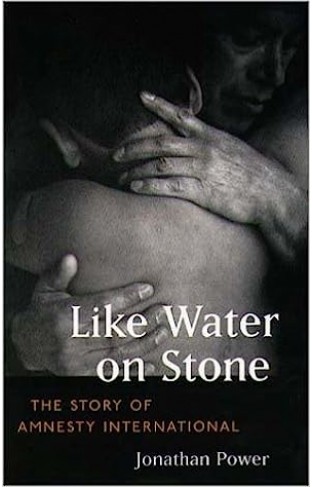
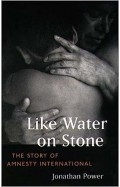
-120x187.jpg?q6)





